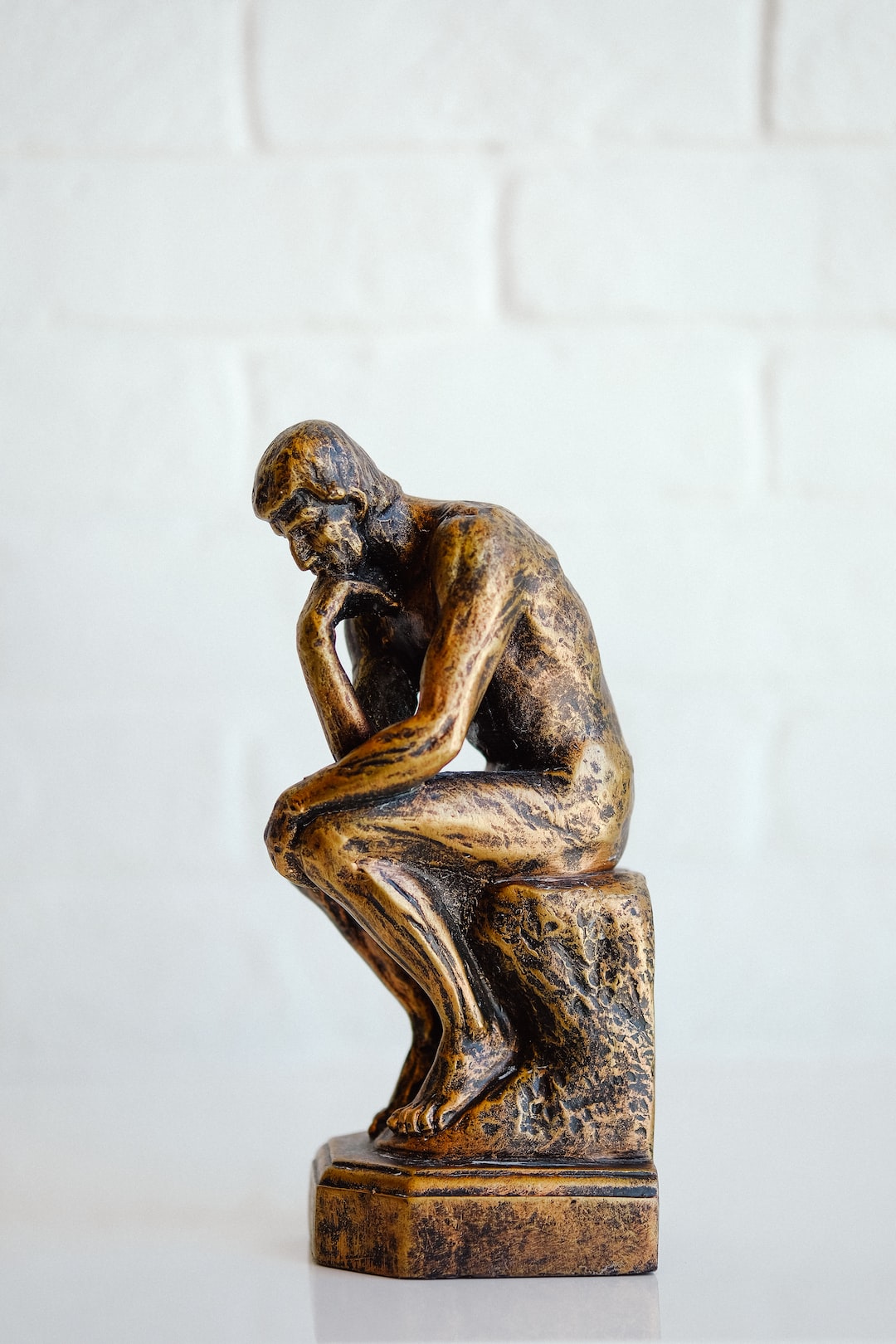How to Protect Your Creative Works: An Overview of Copyright Law
In today’s digital age, protecting your creative works has become increasingly important. Copyright law plays a vital role in safeguarding your intellectual property, ensuring that you have exclusive rights to your creations. Whether you are an artist, writer, musician, or a creative individual in any field, understanding copyright law is crucial. This article provides an overview of copyright law and explores ways to protect your creative works.
What is Copyright?
Copyright is a form of intellectual property protection that grants exclusive rights to the creator of an original work. These works can include literary works, such as books or articles, paintings, sculptures, photographs, music compositions, films, and even software. Copyright protection is automatic the moment a work is fixed in a tangible form, such as writing it down or recording it.
Legal Rights of Copyright Owners:
Copyright law grants several exclusive rights to the owner, intended to incentivize creativity and promote innovation. As the creator, you have the right to reproduce, distribute, publicly display, and perform your work. These rights allow you to control how your creative works are used, who can reproduce or distribute them, and to receive compensation for their use.
Steps to Protect Your Creative Works:
Though copyright protection is automatic, it is advisable to take specific steps to strengthen your legal position. Here are some important steps to consider:
1. Mark and Register Your Work:
Displaying the copyright symbol (©) along with your name and the year of creation on your work will alert others that it is protected by copyright. While not required, it serves as a visual reminder that your rights should be respected. Additionally, registering your work with the copyright office in your country further strengthens your legal position. Registration makes it easier to enforce your rights should someone infringe upon them.
2. Use Contracts and Licensing Agreements:
When collaborating with others or granting permissions to use your work, it is crucial to have contracts and licensing agreements in place. These documents clarify the rights and obligations of both parties, preventing any future disputes and ensuring that your work is used according to your wishes. Consulting an attorney experienced in copyright law can help you create effective contracts tailored to your unique situation.
3. Monitor Your Work Online:
The digital landscape presents both opportunities and challenges. With the ease of sharing and reproducing digital content, monitoring your work online is essential. Regularly search for unauthorized copies of your work on websites, social media platforms, and file-sharing networks. If you find infringement, take immediate action to enforce your rights, such as reporting the content or sending cease-and-desist letters.
4. Know the Fair Use Doctrine:
While copyright law protects your exclusive rights, it also allows for certain uses of copyrighted materials without permission under the fair use doctrine. Fair use is a legal concept that permits limited use for purposes such as criticism, commentary, education, and parody. However, determining fair use can be subjective and complex, as it considers factors like the purpose and nature of the use, the amount copied, and the effect on the market value of the original work. Familiarize yourself with fair use guidelines to better understand when permission is required or when your work may be used without your consent.
5. Stay Educated and Up-to-Date:
Copyright law is a dynamic field, constantly evolving with advancements in technology and international treaties. It is crucial to stay informed about any changes or updates to copyright legislation. Attend workshops, seminars, or webinars to deepen your understanding of copyright law and protect your creative works effectively.
Conclusion:
As a creative individual, protecting your work should be a top priority. Copyright law offers essential tools to safeguard your intellectual property and ensure your exclusive rights as the creator. Remember to mark your work, register it if possible, and use contracts and licensing agreements to clearly define your rights. Regularly monitor your work online and stay informed about fair use guidelines and copyright law updates to stay one step ahead. By taking these steps, you can enjoy the peace of mind knowing that your creative works remain protected.
